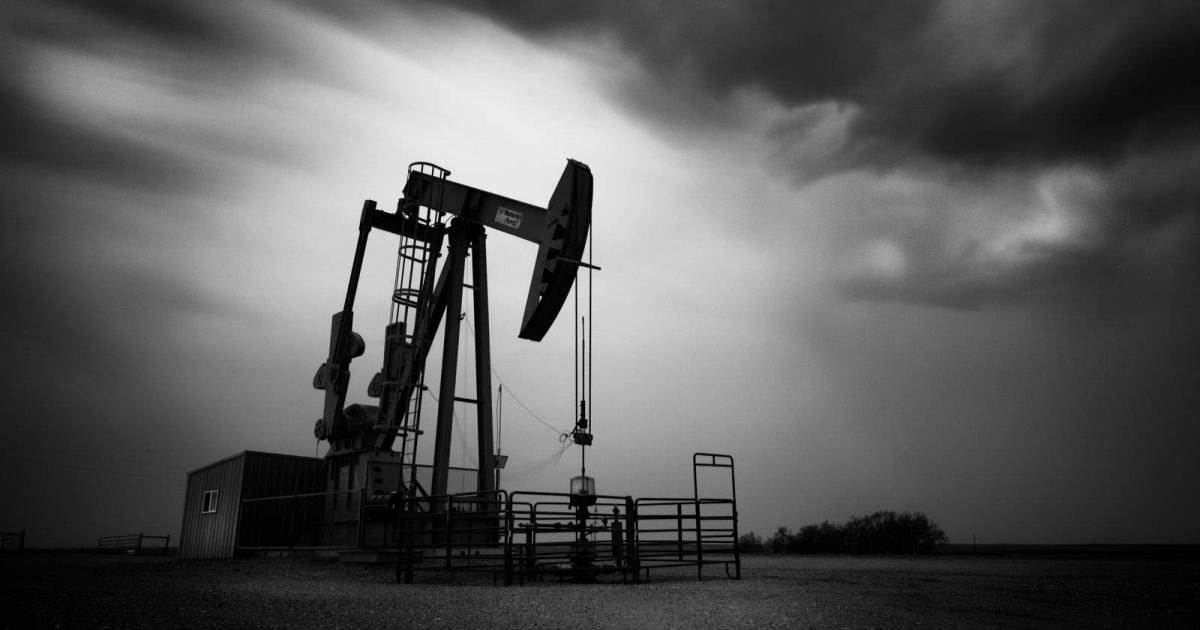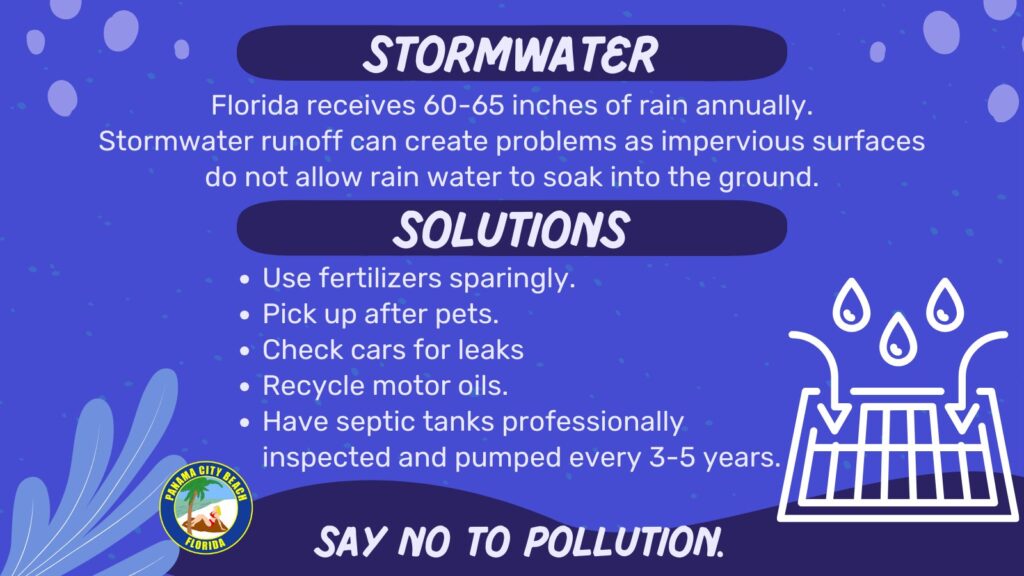Oil is an essential natural resource that has revolutionized the way we live and powers the global economy. However, the extraction, transportation, and use of oil have significant negative effects on the environment. In this article, we will explore three major environmental impacts of oil and why it is crucial to address them for a sustainable future.
1. Oil Spills
One of the most catastrophic consequences of oil exploration and transportation is oil spills. When oil is spilled into water bodies, it creates a thick layer on the surface that blocks sunlight from penetrating the water. This layer prevents oxygen from reaching marine life and disrupts the delicate balance of aquatic ecosystems.
Impact on marine life: Oil spills are highly toxic to marine animals and plants. The oil coats the feathers of seabirds, fur of mammals, and scales of fish, leading to suffocation, poisoning, and reduced ability to regulate body temperature. The long-term effects of oil spills can devastate entire populations of marine species and disrupt the food chain.
Impact on coastal ecosystems: Oil spills can also contaminate coastal ecosystems such as mangroves, coral reefs, and estuaries. These habitats provide critical breeding grounds and nurseries for many marine species. The destruction of these ecosystems can have far-reaching consequences on biodiversity and the livelihoods of coastal communities.

Credit: www.wilderness.org
2. Air Pollution
The burning of oil for energy production releases harmful pollutants into the atmosphere, contributing to air pollution and climate change. Oil combustion emits greenhouse gases such as carbon dioxide (CO2) and methane (CH4) that trap heat in the Earth’s atmosphere, leading to global warming and unpredictable weather patterns.
Health impacts: Air pollution from oil combustion is a significant public health concern. Fine particulate matter (PM2.5) and nitrogen oxides (NOx) released during oil combustion can cause respiratory diseases, cardiovascular problems, and premature death. Vulnerable populations such as children, the elderly, and individuals with pre-existing health conditions are particularly at risk.
Environmental consequences: The release of sulfur dioxide (SO2) and nitrogen oxides (NOx) from burning oil can also lead to acid rain, which damages forests, soil, and aquatic ecosystems. Acid rain can lower the pH of lakes and rivers, making them uninhabitable for fish and other aquatic life.
:max_bytes(150000):strip_icc()/Oil-spill-58f0f7473df78cd3fc17bd42.jpg)
Credit: www.treehugger.com
3. Habitat Destruction
The extraction of oil often involves clearing vast areas of land for drilling sites, pipelines, and access roads. This habitat destruction can have severe consequences for biodiversity, wildlife populations, and indigenous communities that depend on intact ecosystems for their survival.
Loss of biodiversity: Oil extraction activities can fragment and degrade natural habitats, leading to the loss of plant and animal species. Deforestation, soil erosion, and water pollution associated with oil drilling can disrupt ecosystems and reduce the resilience of biodiversity to adapt to environmental changes.
Impact on indigenous communities: Many indigenous communities around the world live in areas rich in oil reserves. The extraction of oil from these lands can displace indigenous peoples from their traditional territories, disrupt their way of life, and threaten their cultural heritage. Oil spills and pollution can also contaminate their water sources and food supply, leading to adverse health effects.
Conclusion
Oil plays a crucial role in meeting the energy demands of modern society, but its negative effects on the environment cannot be ignored. From oil spills that devastate marine ecosystems to air pollution that harms human health, the environmental impacts of oil extraction and use are far-reaching and long-lasting. It is essential for policymakers, industry stakeholders, and individuals to prioritize sustainable energy solutions and reduce our reliance on fossil fuels to protect the planet for future generations.
By understanding the negative effects of oil on the environment and taking proactive measures to mitigate them, we can move towards a cleaner, healthier, and more sustainable future for all living beings on Earth.


